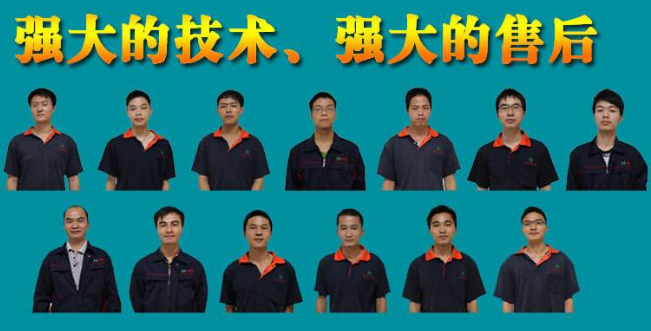疑問詞的英語(What are the most commonly used interrogative words i
This article provides a comprehensive discussion on the most commonly used interrogative words in English. It is pided into several sections, covering the definition of interrogative words, different types of interrogative words, their usage in questions, and examples. The article concludes by summarizing the importance of these words in English language communication.

Interrogative words are essential tools in English language communication. They are used to ask questions, gather information, and seek clarification. The most commonly used interrogative words in English can be classified into various categories. Understanding how to use these words correctly is crucial for effective communication.

Interrogative words, also known as question words, are used to form questions in English. These words help us seek specific information about a person, thing, place, time, reason, and manner. Commonly used interrogative words include "what," "who," "where," "when," "why," "how," and "which." These words can be further categorized based on the type of information they seek, such as general questions, specific questions, information questions, choice questions, etc.

General Questions: General questions seek broad information and can be answered with a variety of responses. They usually start with words like "what," "who," "where," "when," and "why." For example, "What is your favorite color?"
Specific Questions: Specific questions seek detailed or particular information and often require more specific answers. They are typically formed using words like "which," "whose," "whom," and "whichever." For example, "Which flavor of ice cream do you prefer?"
Information Questions: Information questions are formed with words like "what," "who," "where," "when," "why," and "how." They seek information about a specific topic and often start with a question word followed by a verb. For example, "What time does the train leave?"
Choice Questions: Choice questions are formed using words like "which," "what," and "who." They present options to choose from and require the respondent to make a selection. For example, "Which book would you like to read?"
Interrogative words play a vital role in forming questions that elicit specific information. These words are typically placed at the beginning of a question to indicate the type of information being sought. The choice of interrogative word depends on the context and the desired information. Let's explore how different interrogative words are used in questions.

"What" is used to inquire about general information or things. For example, "What is your favorite food?"
"Who" is used to inquire about a person or people. For example, "Who is the Prime Minister of the United Kingdom?"
"Where" is used to inquire about a place or location. For example, "Where did you go on vacation?"
"When" is used to inquire about a specific time or date. For example, "When is the meeting?"
"Why" is used to inquire about the reason or cause. For example, "Why did you miss the bus?"
"How" is used to inquire about the manner or way in which something is done. For example, "How do you make a cake?"
To further illustrate the usage of interrogative words, here are a few examples:
1. What is your favorite color?
2. Who is your best friend?
3. Where did you buy those shoes?
4. When will the concert start?
5. Why are you late for class?
6. How do you solve this math problem?
Interrogative words are essential in English communication as they enable us to ask questions, seek information, and engage in meaningful conversations. Understanding the different types of interrogative words and their usage in questions allows for effective and accurate communication. So, next time you want to gather information or seek clarification, remember to use the appropriate interrogative word!
- 佳麗彩遙控器代碼(如何設置和更改)04-27
- 帝度洗衣機武漢維修(帝度洗衣機售后電話)08-19
- 酒柜可以放客廳嗎(如何選擇合適的位置)?08-29
- 冰箱銅管腐蝕(如何預防和處理)05-06
-
GEA空調廠家售后服務電話號碼是多少(如何獲取GEA空調廠家的售后服務電話號碼
2024-08-24
-
DATAAIRE空調清洗(如何正確清洗DATAAIRE空調以保持其性能和延長使用壽命?)
2024-08-24
-
雷諾威空調24小時服務熱線電話(如何聯系雷諾威空調24小時服務熱線以解決我的
2024-08-24
-
櫻雪點火故障(解決櫻雪點火故障的實用方法與步驟)
2024-08-24
-
RC空調24小時熱線(RC空調24小時熱線:全天候客戶支持與故障排除指南)
2024-08-24


